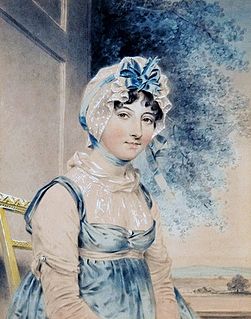A Quote by Samuel Johnson
He that never labors may know the pains of idleness, but not the pleasures.
Related Quotes
Do you, like a skilful weigher, put into the balance the pleasures and the pains, near and distant, and weigh them, and then say which outweighs the other? If you weigh pleasures against pleasures, you of course take the more and greater; or if you weigh pains against pains, then you choose that course of action in which the painful is exceeded by the pleasant, whether the distant by the near or the near by the distant; and you avoid that course of action in which the pleasant is exceeded by the painful.
I find the love of garden grows upon me as I grow older more and more. Shrubs and flowers and such small gay things, that bloom and please and fade and wither and are gone and we care not for them, are refreshing interests, in life, and if we cannot say never fading pleasures, we may say unreproved pleasures and never grieving losses.



































